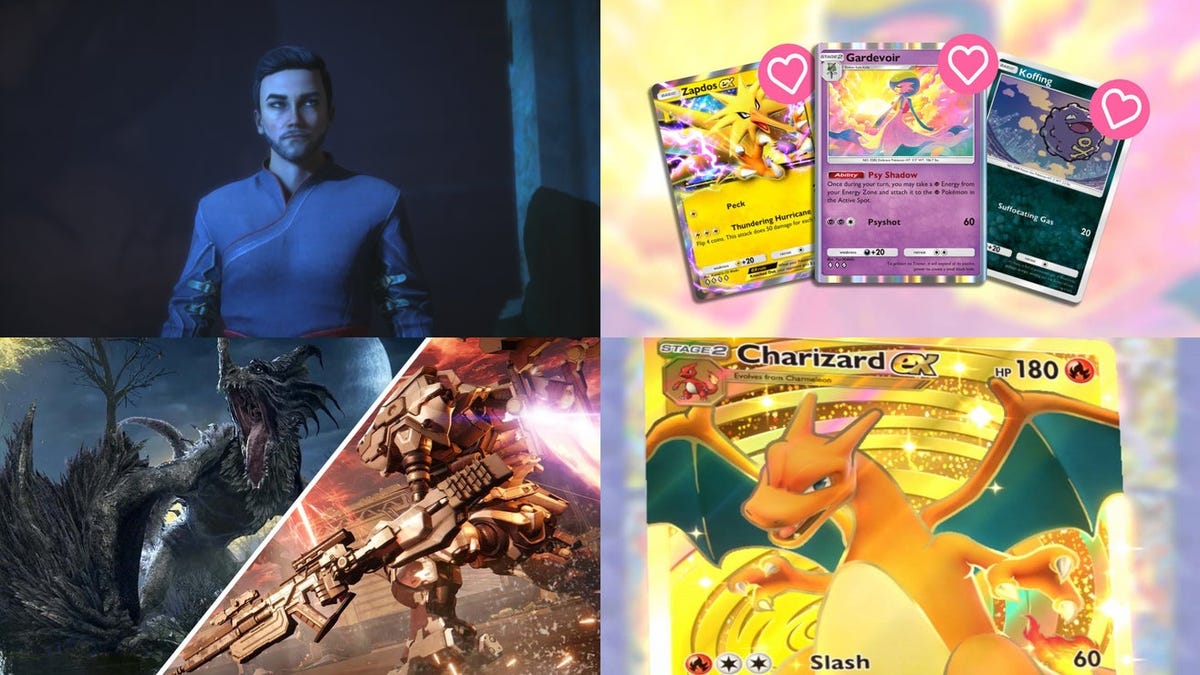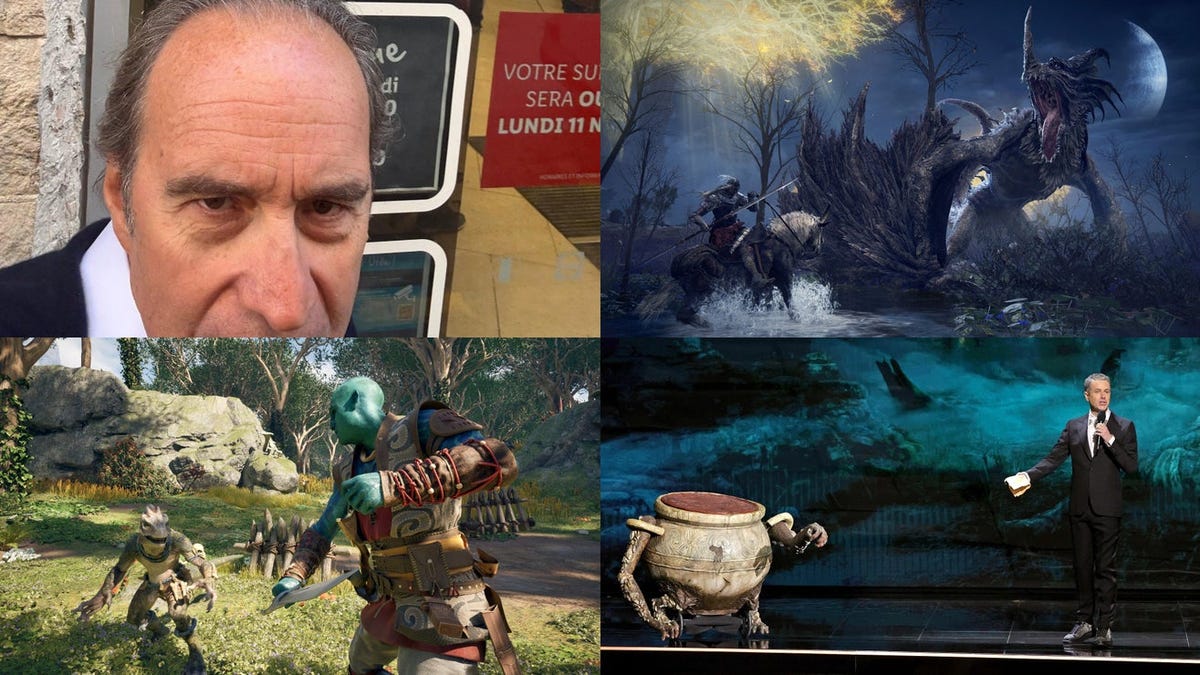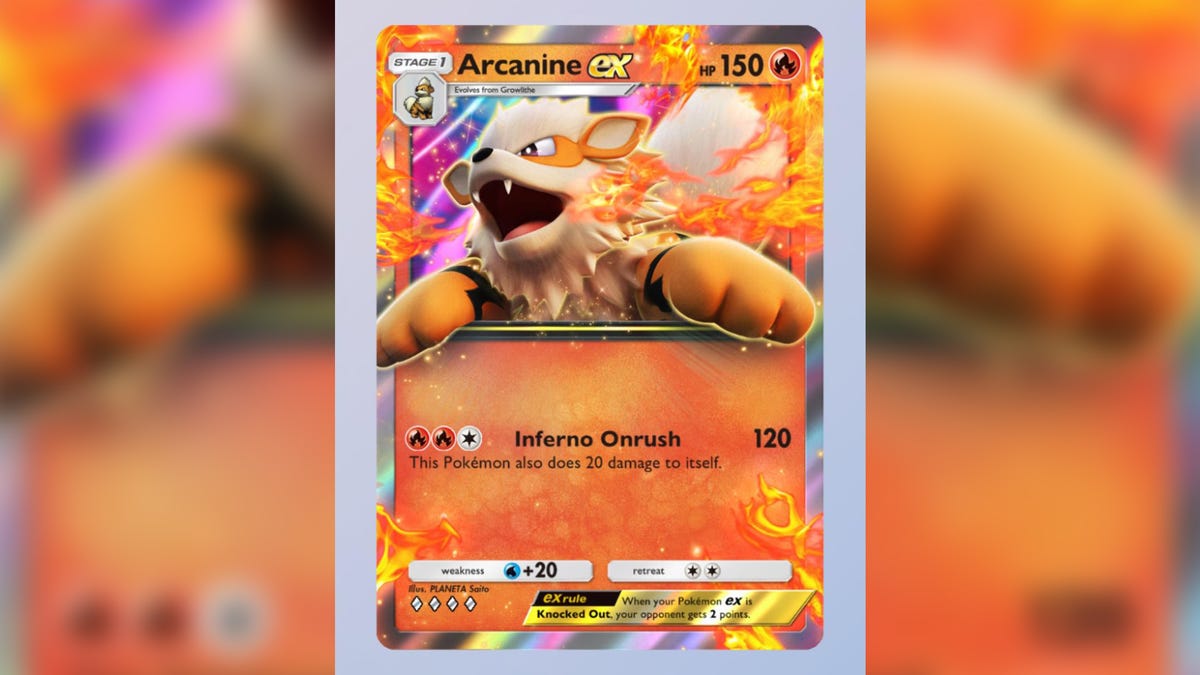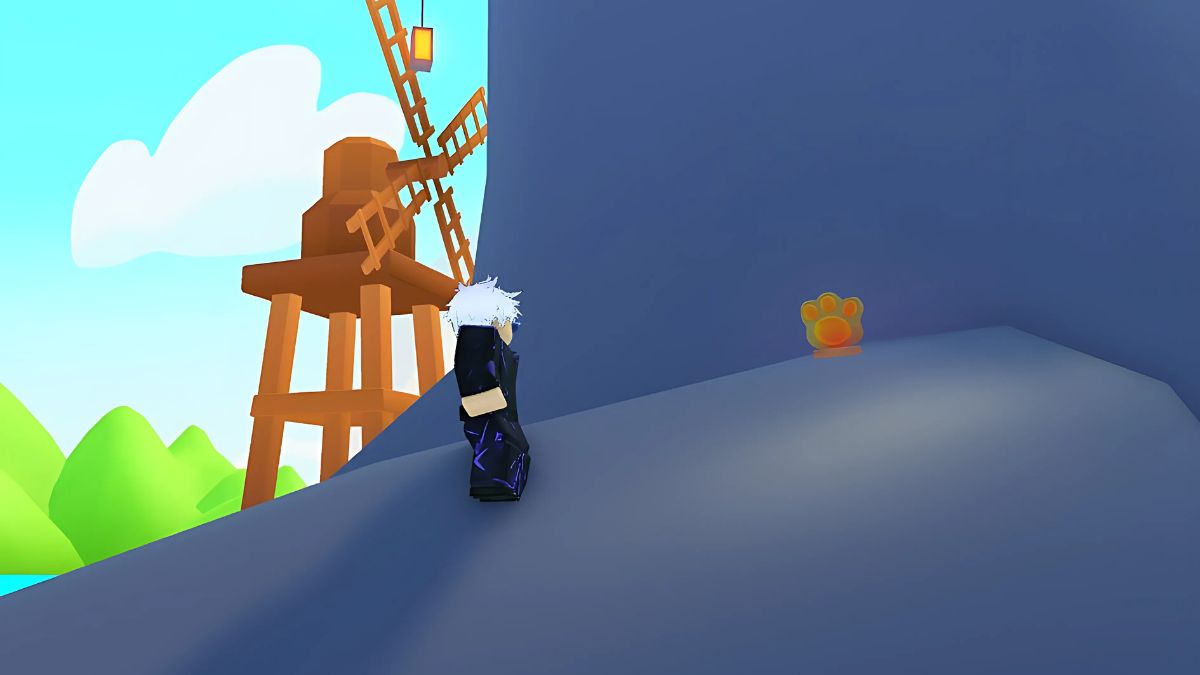A year ago, Payday 3 released to calamity, as the always-online game immediately wasn’t, with outages lasting for over a week. When people finally were able to play it turned out they didn’t like it much, made worse when vital patches kept missing their deadlines, communication fell apart, and eventually senior heads rolled. But it seems developers Starbreeze haven’t given up.
The Week In Games: Octopath Dreamland Deluxe
To describe Payday 3's launch as disastrous is generous. When the heist ‘em up sequel first appeared in September 2023, its servers collapsed under the number of players, as 1.3 million people tried to play at once. Things didn’t really improve, patches took forever and didn’t fix enough, and a glance at SteamDB tells me that 13 months on, 729 are playing the co-op FPS as I write. That’s less than ten percent the number of people currently playing 2013's Payday 2.
In March this year, with sales expectations unmet and already more people playing the previous game than the new one, Starbreeze removed its CEO, Tobias Sjögren, replacing him with an interim, Juergen Goeldner, and then replacing him with another interim CEO a month later, CFO Mats Juhl. And despite rearranging a few other senior chairs, appears to have left him in both positions since.
You might imagine at this point the game would be written off as a terrible loss, but that doesn’t seem to be the case. Speaking to PCGN, lead producer Andreas Penniger made clear the studio is persisting with Payday 3.
The whole stage collapsed
The game still sits on “Mixed” reviews on Steam, although can point toward the more positive view of “Mostly Positive” when it comes to more recent reviews, indicative of the very slow, very incremental improvements that have been made to the game over the year, with Penniger telling PCGN that it was around June that things began to improve.
After explaining just how bad the launch was—“Our energy was like, ‘we’re a rock band, and we’re coming onto the stage, and we’ve got a new album.’ And the whole stage just collapsed and everyone left.”—the developer talked about how Starbreeze took too long to be able to back down from its own mistakes. “I think we had that view around launch, but it didn’t come from an objective state of mind...It took us time to zoom out and see that we just made bad decisions here. But now we’re able to see the game through that lens.”
The goal, according to Penniger, is to better recognize what made Payday 2 so successful, and recapture that, “into a more modern context.” However, he continues that the game right now “suffers from a split personality—trying to be too many things at once.” He wants it to become more focused, and for every heist to “feel more tense, open-ended, and rewarding.”
The thing is, when the game barely musters 1,000 players at its peak in a day, wildly out-performed by its decade-old predecessor, and competitive games like 2020's Borderlands 3 are still pulling in ten times as many people, it’s really hard to see how it can be turned around. Even if the game genuinely is far better as it enters its second year, it’s not known what it can do to get its audience to return. Still, it’d be amazing to see if it really can.
.

 1 month ago
79
1 month ago
79





![Anime Reborn Units Tier List [RELEASE] (November 2024)](https://www.destructoid.com/wp-content/uploads/2024/11/anime-reborn-units-tier-list.jpg)


